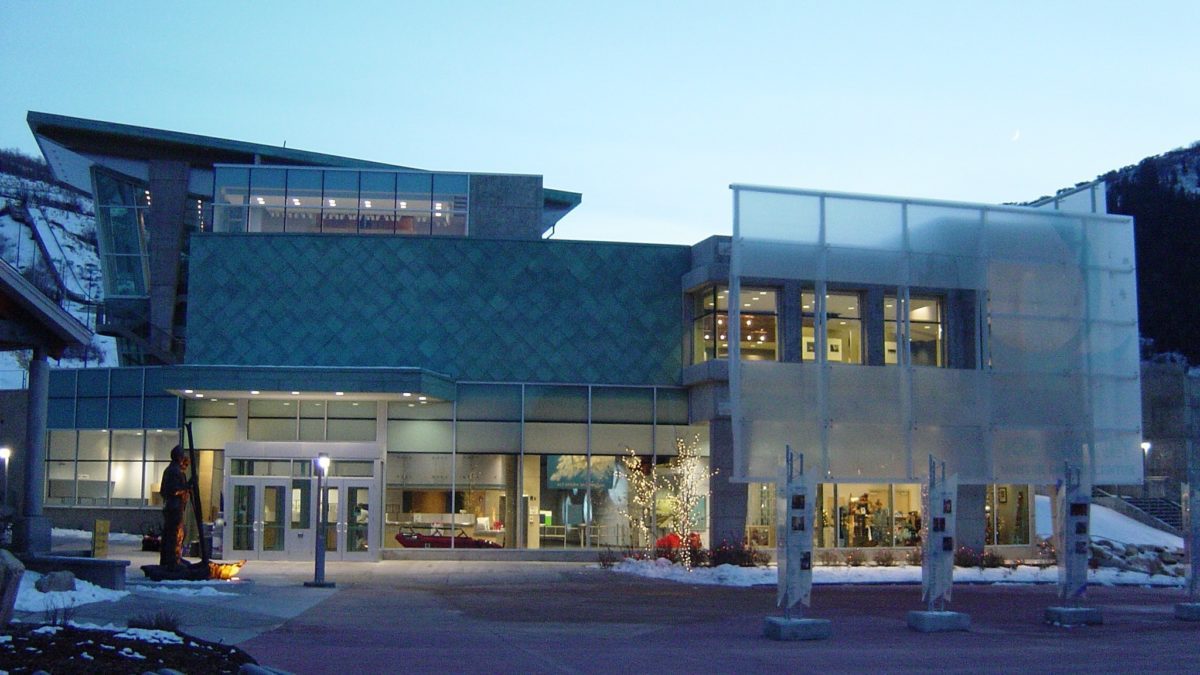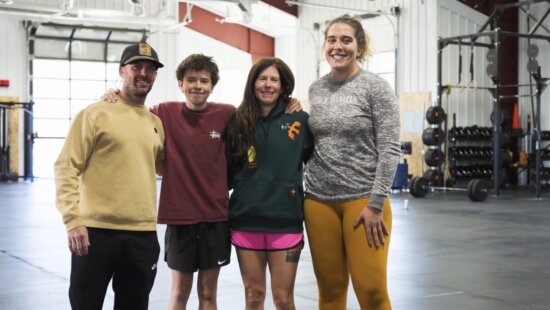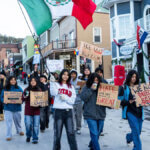Sponsored
Sustainable Tourism Grant recipients uplift arts and culture, diversity and inclusion

The Alf Engen museum received over 475,000 visitors in 2022. Photo: Utah Olympic Park.
PARK CITY, Utah — Park City Chamber of Commerce | Convention & Visitors Bureau (PCCVB) announced the 20 recipients of its first-ever Sustainable Tourism Grant. Recipients were awarded up to $30,000 to fund sustainable tourism projects that align with the Sustainable Tourism Plan (STP).
“The purpose of the grant program is to engage the entire community to help achieve the goals and objectives of the Sustainable Tourism Plan,” says Jennifer Wesselhoff, President and CEO of the Park City Chamber & Visitors Bureau. “In order for the Plan to be successful, the entire community must embrace the efforts to balance a thriving economy while protecting our quality of life and protecting our environment. This grant is a great tool to help actively engage stakeholders in this robust 10-year Plan.”
Recipients of the grant are:
Alf Engen Ski Museum
Arts Council of Park City & Summit County
Canyons Village Management Association
Deer Valley Resort
Friends of Ski Mountain Mining History
fulFILLed
High Country Fly Fishing
Mountain Mediation Center
Mountain Trails Foundation
National Ability Center
North Summit Unite
Park City Conservation Association dba Recycle Utah
Park City Film
Park City Museum
Park Silly Sunday Market
PC Trails & Open Spaces
Prospector Square Property Owners Association
Summit Land Conservancy
Swaner Preserve and EcoCenter
The Housing Resource Center
“What differentiates Summit County from other western mountain towns is the intersection between arts, culture, and recreation,” Jocelyn Scudder said.
In collaboration with the Utah Office of Tourism and representatives of local government and non-profit agencies, PCCVB executed a Global Sustainable Tourism Council’s (GSTC) Destination Assessment followed by a 22-person Stewardship Council worked to ensure the STP lined up with residents, business owners, organizations, and stakeholder values and concerns.
The long-term STP is comprised of stewardship principles and objectives that were framed around Sustainable Development Goals (SDG) defined by the United Nations:
- Cultivate local pride and respect for the Park City/Summit County experience
- Implement sustainable transportation, housing, water, energy, and waste management policies and initiatives
- Protect and manage our natural environment to enable sustainable outdoor recreation
- Ensure the long-term resilience of the Park City/Summit County economy
- Equalize the economic benefits and mitigate impacts of the visitor economy
- Leverage messaging and programming to accelerate sustainable tourism
- Foster the development and management of Park City/Summit County’s art and culture tourism assets
Forty-two organizations applied for the Sustainable Tourism Grant. Among the recipients was the Alf Engen Ski Museum, which plans to implement an accessibility plan and hire a professional museum evaluator to evaluate the effectiveness of accessibility additions and changes for each exhibit to be more inclusive to all visitors.
“Arts, culture and history feed into tourism in a positive intrinsic as well as economic benefit,” said the museum’s Executive Director, Connie Nelson. “Museums such as the Alf Engen Ski Museum and Eccles 2002 Olympic Winter Games Museum are invaluable assets to the cultural landscape of Park City and Summit County. This is demonstrated by the over 475,000 visitors to the museum in 2022.”
The Sustainable Tourism Grant has funded the Summit Arts Showcase in Oakley, the Latino Arts Festival, and Art on the Trails in 2023/2024.
“Investing in Arts & Culture improves our overall quality of life in Summit County,” said Executive Director of the Arts Council of Park City & Summit County Jocelyn Scudder. “The Arts & Culture assets in our county are what set us apart from other mountain communities, and makes our sense of place truly magical. The events that are being partially supported by the Sustainable Tourism Grant provide a community gathering space for residents and visitors to connect, feel inspired, start new conversations, learn something new, and feel a sense of belonging. They promote social cohesion—something that many of us crave post-pandemic.”
New Sustainable Tourism Plan strives to balance economic vitality with resident quality of life


















